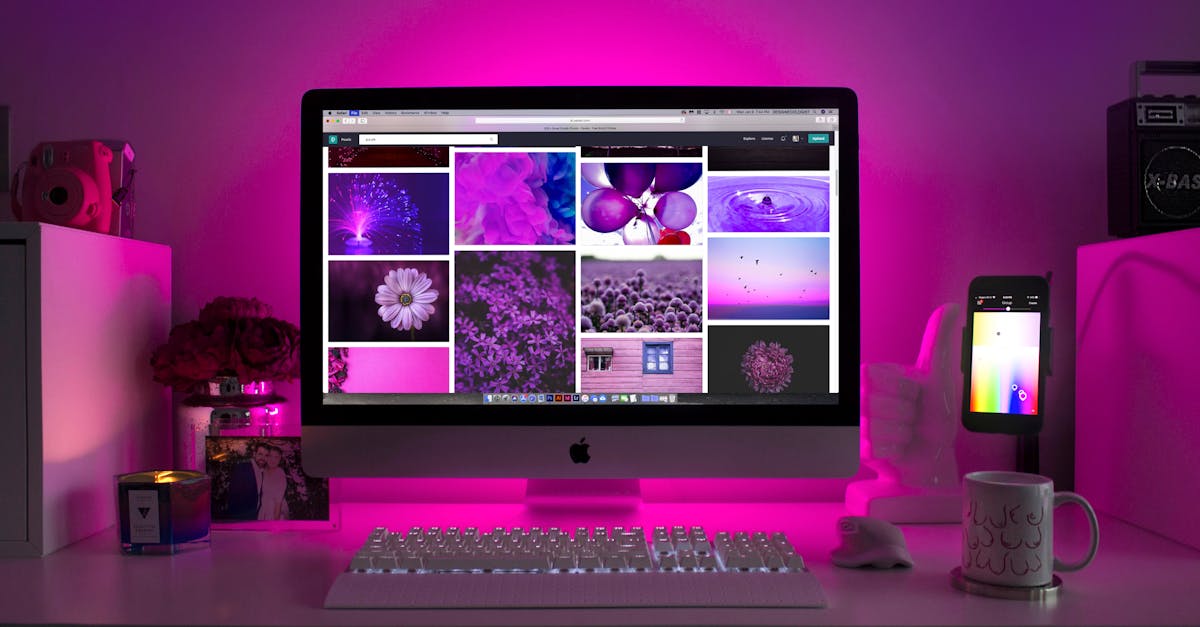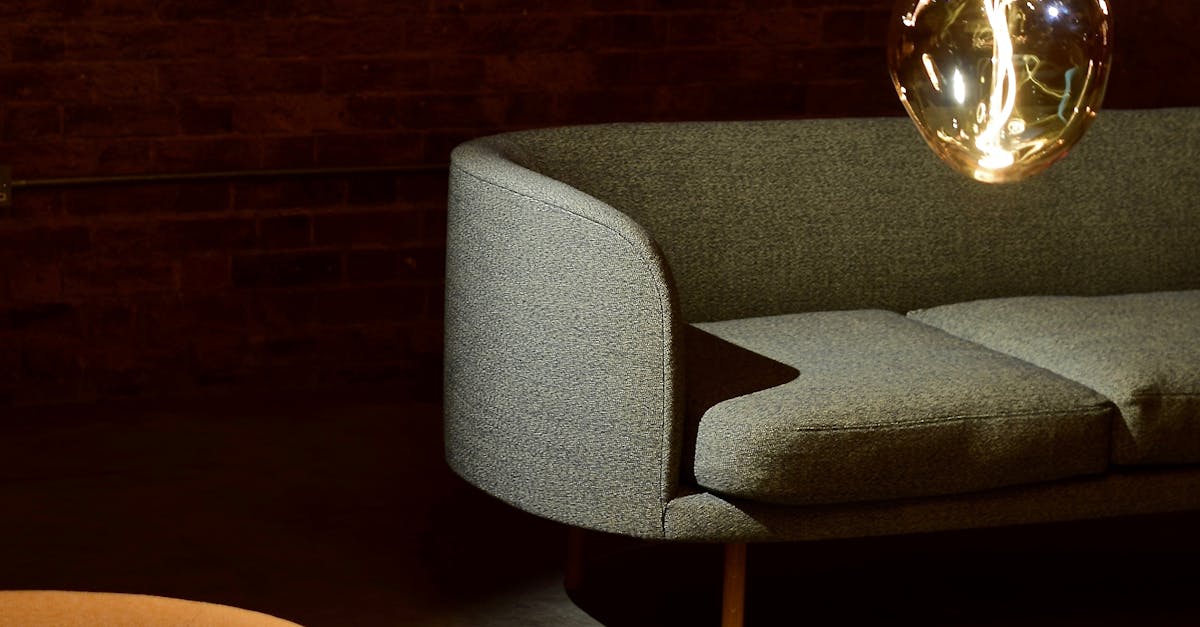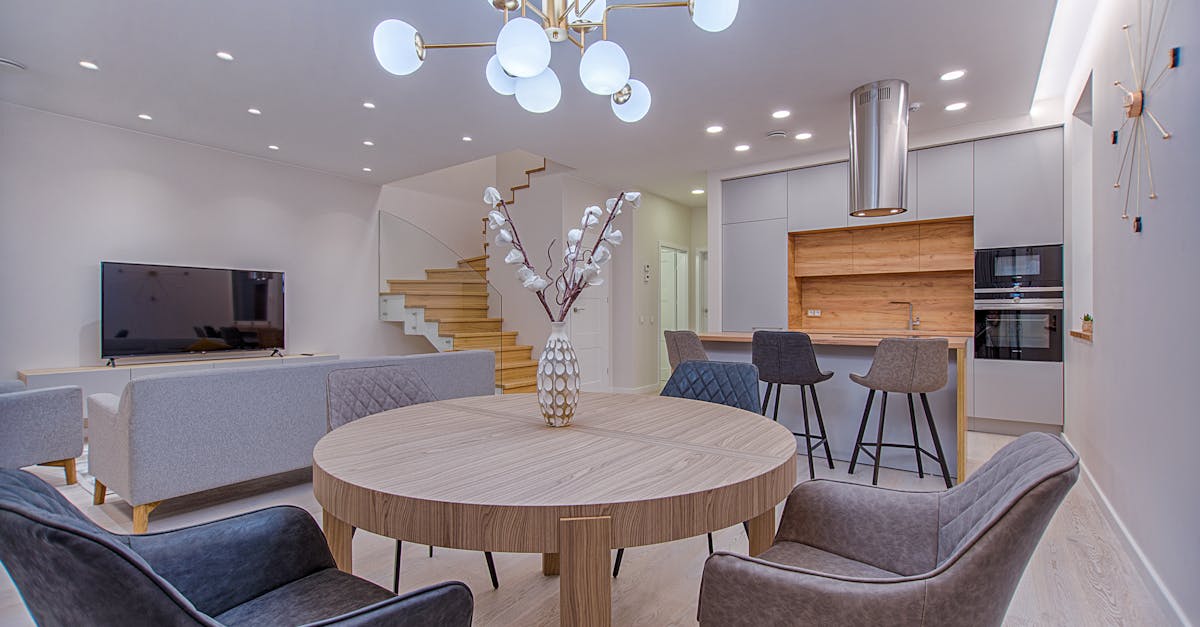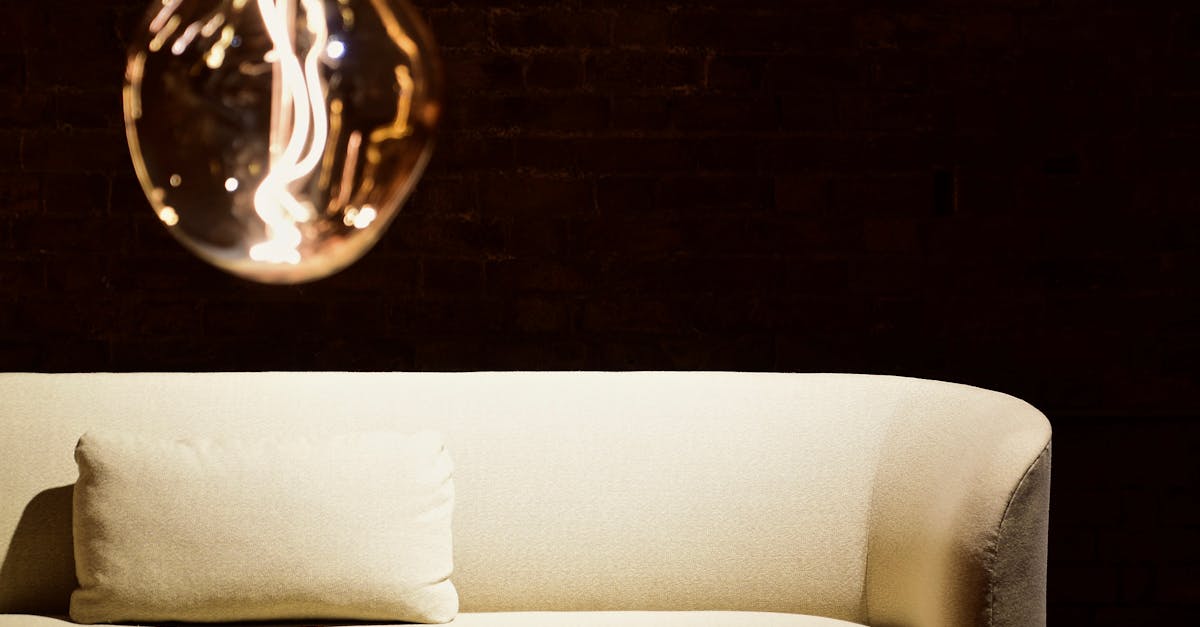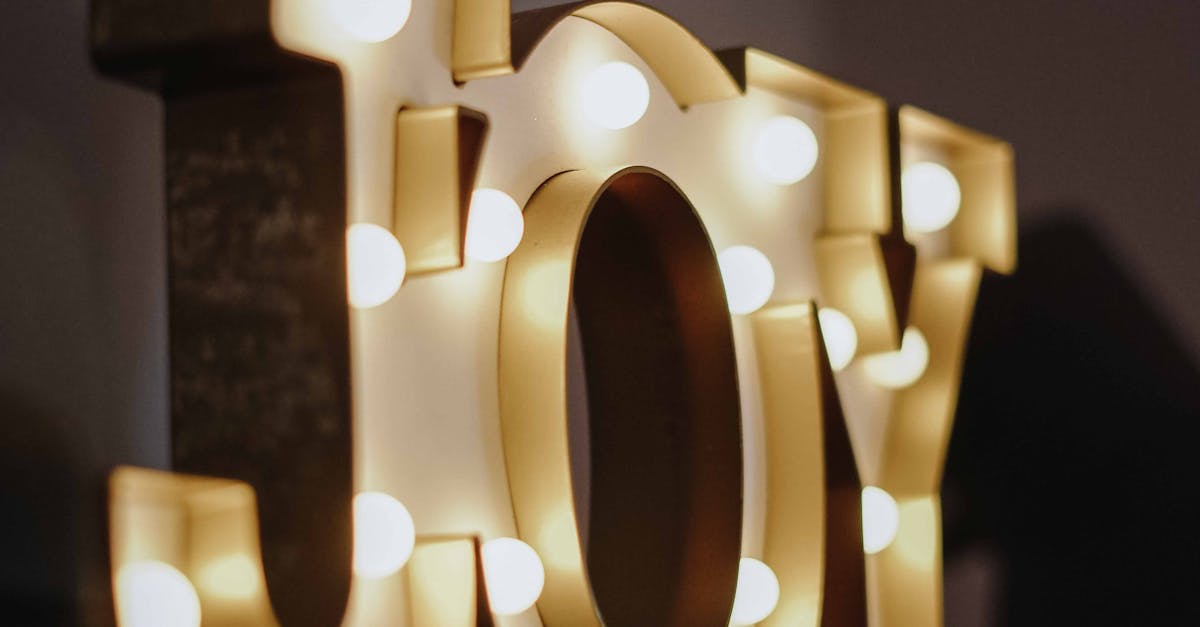
Table Of Contents
Seeking Inspiration from Industry Professionals
Seeking inspiration from industry professionals can greatly benefit those looking to delve into the world of lighting design. Immersing oneself in the work of established professionals can offer a wealth of knowledge and insight into the nuances of lighting design. By studying the portfolios and projects of respected individuals in the field, aspiring lighting designers can gain valuable ideas on different styles, techniques, and approaches in Lighting Design.
Attending industry events, such as seminars, conventions, or panel discussions, provides an excellent opportunity to learn from seasoned experts in the Lighting Design industry. Engaging with professionals during these events can offer a firsthand glimpse into their creative process, design philosophies, and industry best practices. Additionally, networking with industry professionals can open doors to mentorship opportunities and potential collaborations in the realm of Lighting Design.
Attending Lighting Design Workshops and Conferences
Attending lighting design workshops and conferences is a valuable way to immerse yourself in the world of lighting design. These events provide a platform to learn from industry experts, gain insights into the latest trends and technologies, and network with fellow professionals in the field. By attending workshops and conferences focused on lighting design, you have the opportunity to expand your knowledge base, refine your skills, and stay updated on the ever-evolving landscape of Lighting Design.
Furthermore, these gatherings offer a unique space to explore innovative ideas, seek inspiration from renowned designers, and engage in hands-on activities that can enhance your understanding of Lighting Design concepts. Whether you are a beginner looking to grasp the fundamentals or a seasoned professional aiming to stay ahead of the curve, participating in lighting design workshops and conferences can be a pivotal step in your journey towards becoming a proficient lighting designer.
Practicing with Mock Projects
Practicing with mock projects is a crucial step in honing your skills in lighting design. These projects allow you to experiment with different techniques, understand the impact of various lighting solutions, and develop your own style. By working on mock projects, you can gain valuable hands-on experience that will prepare you for real-world challenges in the field of lighting design.
Creating mock projects also provides you with the opportunity to receive feedback from peers and mentors, helping you refine your Lighting Design skills further. Additionally, these projects enable you to push the boundaries of your creativity and explore innovative approaches to lighting various spaces. Embrace the freedom that mock projects offer to unleash your imagination and enhance your proficiency in the art of lighting design.
Creating Lighting Designs for Fictional Spaces
Creating Lighting Designs for Fictional Spaces can be an exciting way to practice and enhance your skills in the field. The beauty of working in fictional spaces is that you have the creative freedom to explore different concepts and ideas without the constraints of reality. Imagining scenarios and environments allows you to push the boundaries of your Lighting Design knowledge and experiment with various techniques.
When creating Lighting Designs for fictional spaces, consider the mood, theme, and purpose of the setting. Whether you're designing a futuristic sci-fi environment or a cozy fantasy realm, each space will have its unique requirements and challenges. By delving into these imaginary worlds, you can broaden your perspective as a Lighting Designer and sharpen your ability to translate abstract concepts into tangible and captivating lighting solutions.
Collaborating with Other Designers
Collaborating with other designers can be an enriching experience when delving into the world of lighting design. By working with fellow professionals, you can gain valuable insights, exchange ideas, and learn different approaches to addressing lighting challenges. This collaboration fosters a conducive environment for creativity to flourish and allows you to broaden your understanding of Lighting Design techniques.
Engaging with other designers also provides opportunities for networking within the Lighting Design community. Building relationships with peers can lead to potential collaborations on future projects, opening doors to new opportunities and expanding your portfolio. These collaborations foster a sense of camaraderie and shared passion for Lighting Design, encouraging continuous growth and development in the field.
Participating in Team Lighting Projects
Participating in team lighting projects is a valuable opportunity for budding designers to gain hands-on experience and insights from collaborating with other professionals in the field. Working within a team setting allows individuals to learn how to effectively communicate their ideas and understand different perspectives in the realm of lighting design. Through teamwork, aspiring designers can also broaden their skill set by learning from the expertise of their peers and implementing innovative techniques in their own projects.
Team lighting projects provide a platform for individuals to showcase their creativity and problem-solving skills in a collective setting. By engaging in collaborative efforts, designers can collectively brainstorm ideas, strategize solutions, and execute projects that demonstrate the collective talents and abilities of the team. Additionally, working in a team setting helps individuals to build strong professional relationships, fostering a supportive network within the lighting design industry that can lead to future opportunities for growth and development in the field.
FAQS
How important is seeking inspiration from industry professionals when starting to learn lighting design?
Seeking inspiration from industry professionals is crucial as it allows beginners to understand current trends, techniques, and best practices in the field of lighting design.
Are attending lighting design workshops and conferences beneficial for beginners?
Yes, attending workshops and conferences can provide beginners with valuable knowledge, networking opportunities, and hands-on experience in the field of lighting design.
How can practicing with mock projects help beginners in learning lighting design?
Practicing with mock projects allows beginners to experiment with different lighting techniques, tools, and concepts in a risk-free environment, helping them gain practical skills and confidence.
Why is creating lighting designs for fictional spaces recommended for beginners?
Creating lighting designs for fictional spaces allows beginners to unleash their creativity, explore unconventional ideas, and develop their unique style and vision in lighting design.
How can collaborating with other designers benefit beginners in learning lighting design?
Collaborating with other designers enables beginners to gain diverse perspectives, exchange ideas, receive feedback, and learn from the experiences and expertise of others in the field of lighting design.
What advantages do beginners get by participating in team lighting projects?
Participating in team lighting projects helps beginners to enhance their communication skills, teamwork abilities, project management capabilities, and overall understanding of the collaborative nature of lighting design.

